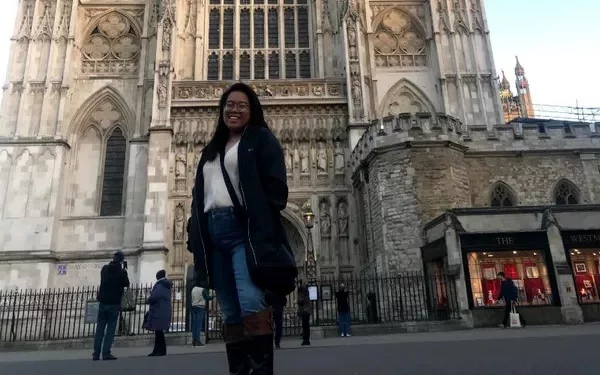As an Asian country with the highest level of art education, Japan’s social and cultural environment is extremely inclusive of artistic creation, and therefore has bred a large number of famous art and design masters in today’s world.
Therefore, more and more art students choose to study art in Japan.
So, what are the requirements to apply for an art university in Japan?
The following content is here Xiaobian for you to summarize the application conditions of Japanese art University, I hope to help you.
1. Tokyo University of the Arts Department Application conditions: 1.
Self-funded foreign students apply for admission, do not do the Japanese university entrance examination, must take the Japanese language proficiency test, the department of professional examination and Japan study abroad examination;
2. Must take the Japan International Student examination;
3. Comprehensive evaluation of school examination + submitted books + international students’ examination scores;
4. Architecture ¡¤ Advanced Art Performance should take the Japanese language, mathematics, science or Japanese language, mathematics comprehensive subject examination;
5. If you major in Japanese painting, oil painting, sculpture, technology, design, art, you need to take the examination of Japanese language and general subjects.
Applicants who have been educated in foreign countries for at least 16 years and have obtained a bachelor’s degree or equivalent certificate;
2. At least N2 score should be submitted, and a portfolio should be prepared;
3. Art as a professional for cultural property preservation, the cultural property preservation laboratory will focus on preservation, restoration, construction, and preservation science, the second special entrance exam for foreign students (January to February), or the first exam (September).
The other students, as a professional, can only attend the first semester foreign student examination.
4. Music studies: a special examination will be conducted for each subject.
The project will be published in November;
5. Imaging Studies: There is no special entrance examination for foreign students, who need to take the general entrance examination;
6. International Art Creation Research Department: Special entrance examination.
The campaign will be announced in December.
1. Students who have completed 12 years of compulsory education in China and have a high school diploma or equivalent;
2. There is a certain proof of capital, usually 200,000 yuan for a bank guarantee;
3. Those who have some basic knowledge of Japanese are generally J-TEST or JLPT.
1. Students who have completed 16 years of compulsory education in China;
2. There is a certain proof of capital, usually 200,000 yuan for a bank guarantee;
3. Proficient in Japanese, generally J-TEST or JLPT advanced.
1. Students who have received more than 12 years of regular education in their home country and are eligible to be promoted to university in their home country;
2. At least 18 years of age;
3. “Japan study abroad test (EJU)” of the Japanese language test score of more than 50%, or “Japanese ability test (JLPT)” acquired N2;
4. Have the Japanese ability to attend classes without barriers after enrollment.
Applicants must be at least 22 years old and meet any of the following requirements: 1. College graduates; 2.
2. Bachelor’s degree holder;
3. Applicants who have received more than 16 years of regular education and bachelor’s degree in their home country;
4. Students who have studied at least 3 years at a university in their home country and obtained a degree equivalent to a bachelor’s degree;
5. Appointed by the Minister of Education, Culture, Sports and Science;
6. Students who have passed individual entrance examination and are deemed to have the same or higher learning ability as those who graduated from the university.
Applicants must be at least 24 years of age and meet any of the following requirements: 1. Applicants must have obtained a friar (Master’s) degree or a professional degree; 2.
2. Master’s degree or professional degree in the home country;
3. Designated by the Minister of Education, Culture, Sports and Science;
4. At the University, students who have passed individual admission qualification examination and are deemed to have the same or higher learning ability as those who have graduated from master’s degree or vocational school.




















